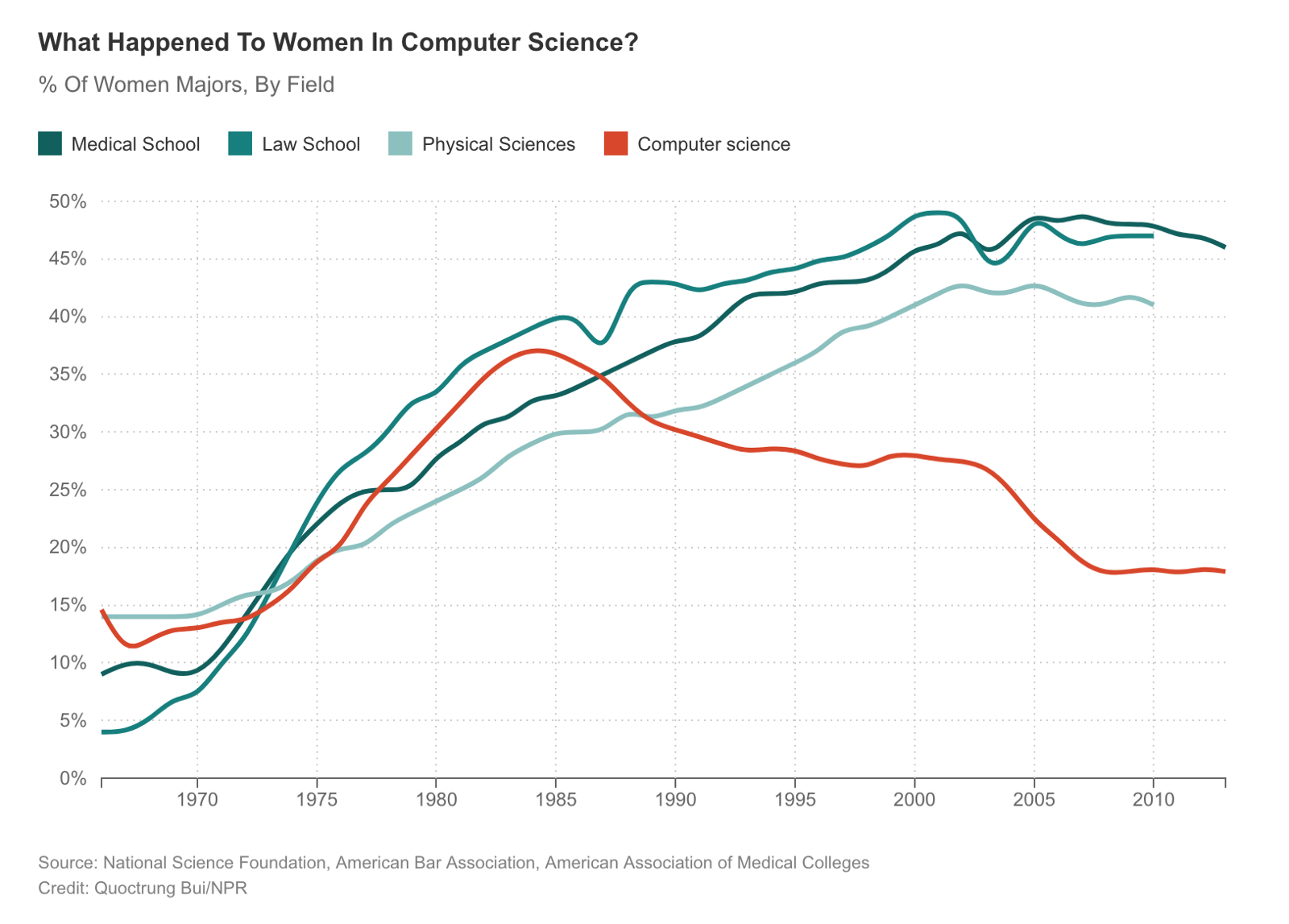Pirate Care is an emergent phenomenon where a growing number of initiatives related to health&care find themselves inhabiting grey regulatory zones, which pop-up more and more often, using open source and digital technologies to co-create solutions in situations where public and private institutions are idle.
A lot of projects born within the maker community, intersecting with hacker culture, share the vision that technology can be redirected toward new purposes and grounded in sustaining new narratives, in which citizen perceive themselves as “contributors” rather than “consumers” of technology and science.
Actively countering the deterministic trends of current directions of both domains, makers’ approach enhances the relation with the world through concrete material engagement and challenging normative views of knowledge production and expertise.
Hackers and Makers ideally embrace an egalitarian vision of making, but very often, in practice, we see the level of access and opportunities lacking because it always takes place in spaces and times influenced by institutional, societal, and individual histories.
This contribution to the Pirate Care Syllabus is a tentative effort to start a process of sharing resources and practices to recognise, on one side, how science and technology have played a leading role in the toolbox of the powerful by limiting the self-empowering of historically marginalized communities and/or reinforcing existing values and ideologies. On the other to spread in the maker community a set of resources and tools to avoid mistakes done in the past in other disciplines and bring awareness on the different opportunities unfolding with a more diverse approach.
More and more, from an activist perspective, the use of word “decolonising” came to be useful in understanding broader implications which have a long history even beyond physical borders. As [Beatrice Martini](https://beatricemartini.it/blog/decolonizing-technology-reading-list/) highlights in the introduction of her reading list:
”One example of this kind of ‘borderless colonial’ phenomenon comes from digital technology. While many technical innovations are asserted as universally positive and beneficial to communities worldwide, beyond borders and across cultures, a closer analysis of who holds the power, who has agency, and whose interests are promoted, can often reveal a very different picture.”
Therefore deeper attention we need to pay to what constitutes community, how unequal distributions of agency impacts the way learning and making take shape across the enhanced borders of gender, race, and class.
In the same way as the science and tech community has been taking an internal, self-reflexive look on the role they played historically and presently in society to prevent evident mistakes; I’d invite the maker/hacker community to embed this perspective in our practices because even science, which is first of all method, but soon became an industry and a dispositive, has proved to be harmful if not guided by ethical and equity principles.
Developing a perspective look at our places and practices means being aware that people can simultaneously experience privilege and oppression depending on the context. The image below shows the framework by the **Intersectionality** concept which was coined by lawyer and civil rights advocate Kimberlé W. Crenshaw in 1989, and rooted in the research and activism of women of color, extending back to Sojourner Truth’s [“Ain’t I a Woman”](https://www.nps.gov/articles/sojourner-truth.htm)speech in 1851. It reveals how most of the pressing social justice issues can't be productively advanced through traditional frameworks by explaining these problems as the product of one axis of exclusion. We need to take a deeper look at the interconnected factors that influence power, privilege and oppression and the intersectional approach helps focus on systems and contexts to be decolonised.
In the makerspaces/fablab context and research it means considering who the work we do impacts (or doesn’t), whose voices are missing, questioning assumptions made in activities, or while we engage the community and design educational programs.
In the following section #2 I collected a series of publications, links and media to explore different points of view addressing the issue.
In section #3 I proposed 3 possible activities to inspire action.
- [Zeros and ones : Digital Women and the New Technoculture - Sadie Plant](https://library.memoryoftheworld.org/#/book/ee635b88-6f68-4bc8-b256-a69ca7f3f2ac)
- [The fabric of interface - Stephen Monteiro](https://memoryoftheworld.org/#/book/0ec6d5d1-9445-483b-bdc0-bf17ce2084ae)
- [Inferior - How Science Got Women Wrong and the New Research That's Rewriting the Story - Angela Saini](http://93.174.95.29/_ads/94A97B61A7AFF6E81182B02FDFF77242)
- [Sciences from below - Sandra Harding](http://93.174.95.29/_ads/C516418F5F4A0EBA9689686DE768B2A8)
- [Situated Knowledges: The Science Question in Feminism and the Privilege of Partial Perspectives](http://93.174.95.29/_ads/9437CB2EC4770A4DA0F4E7F5DBCC1B6F)
- [Rebelling with care - Exploring open technologies for commoning healthcare - AA.VV](https://www.researchgate.net/publication/335911369_Rebelling_with_Care_Exploring_open_technologies_for_commoning_healthcare)
- [Hacking Diversity: The Politics of Inclusion in Open Technology Cultures - Christina Dunbar-Hester](http://93.174.95.29/_ads/199259802A1BC7276BEA9EB8E3DC0127)
- [Global Gender Gap Report](hhttps://en.wikipedia.org/wiki/Global_Gender_Gap_Report)
- [Maker Cultures and the Prospects for Technological Action](https://link.springer.com/article/10.1007%2Fs11948-016-9796-8)
- [The gender-based digital divide in maker culture: features, challenges and possible solutions]( https://www.cairn.info/revue-journal-of-innovation-economics-2018-3-page-147.htm#)
- [Feminist and women's hackerspaces](https://geekfeminism.wikia.org/wiki/Feminist_and_women%27s_hackerspaces)
- [Feminist Hackerspaces as Sites for Feminist Design](https://dl.acm.org/citation.cfm?id=2764771)
- [Legacies of craft and the centrality of failure in a mother-operated hackerspace](https://www.semanticscholar.org/paper/Legacies-of-craft-and-the-centrality-of-failure-in-Rosner-Fox/98428db4cb533666b615a5527ab356af32ec0679)
- [Breaking Gender Code: Hackathons, Gender, and the Social Dynamics of Competitive Creation](http://hackathon-workshop-2018.com/Sian%20JM%20Brooke.pdf)
- [How stereotypes impair women’s careers in science](http://www.ereuben.net/research/StereotypesWomensCareer.pdf)
- [How Race & Gender Interact To Shape Inequality](https://decolonizeallthethings.com/2019/03/19/how-race-gender-interact-to-shape-inequality/)
- [A Longitudinal Study of Equity-Oriented STEM-Rich Making Among Youth From Historically Marginalized Communities ](https://journals.sagepub.com/doi/10.3102/0002831218758668)
- [The gender-based digital divide in maker culture: features, challenges and possible solutions](https://www.cairn.info/revue-journal-of-innovation-economics-2018-3-page-147.htm)
- [Queer Science: LGBT Scientists Discuss Coming Out at Work](https://www.bitchmedia.org/post/queer-science-lgbt-scientists-discuss-coming-out-at-work)
- [Dismantling Feminist Biology through the Design of eTextiles](https://figshare.com/articles/Dismantling_feminist_biology_through_the_design_of_etextiles/7855805/1)
- [Electronic Textiles as Disruptive Designs: Supporting and Challenging Maker Activities in Schools](https://www.researchgate.net/publication/277928108_Electronic_Textiles_as_Disruptive_Designs_Supporting_and_Challenging_Maker_Activities_in_Schools)
- [Rebelling with care - Exploring open technologies for commoning healthcare](https://www.researchgate.net/publication/335911369_Rebelling_with_Care_Exploring_open_technologies_for_commoning_healthcare)
- [Gender: Integrated report of findings - FLOSS](https://www.researchgate.net/publication/264799720_FLOSSPOLS_Deliverable_D_16_Gender_Integrated_Report_of_Findings)
- [We need a decolonized not a diverse education](http://harlot.media/articles/1058/we-need-a-decolonized-not-a-diverse-education)
- [Digital Colonialism, the internet as a tool of cultural hegemony](https://web.archive.org/web/20190316002911/http://www.knowledgecommons.in/brasil/en/whats-wrong-with-current-internet-governance/digital-colonialism-the-internet-as-a-tool-of-cultural-hegemony/)
- [Data Colonialism - Tech for social change](https://modelviewculture.com/pieces/data-colonialism-critiquing-consent-and-control-in-tech-for-social-change)
On gender diversity

- [Black women physicists In the Wake](https://medium.com/@chanda/black-women-physicists-in-the-wake-ebf2cdeadb1a)
- [Ballarat Hackerspace giving women a safe space to follow their tech interests](https://www.thecourier.com.au/story/4726305/women-take-on-tech/)
* [Researcher reveals how “Computer Geeks” replaced “Computer Girls”](https://gender.stanford.edu/news-publications/gender-news/researcher-reveals-how-computer-geeks-replaced-computer-girls)
* [Women pioneered computer programming. Then men took their industry over](https://timeline.com/women-pioneered-computer-programming-then-men-took-their-industry-over-c2959b822523)
On horizontality
* [The Tyranny of Structurelessness](https://www.jacobinmag.com/2019/09/tyranny-structurelessness-jo-freeman-consciousness-raising-women-liberation-feminism)